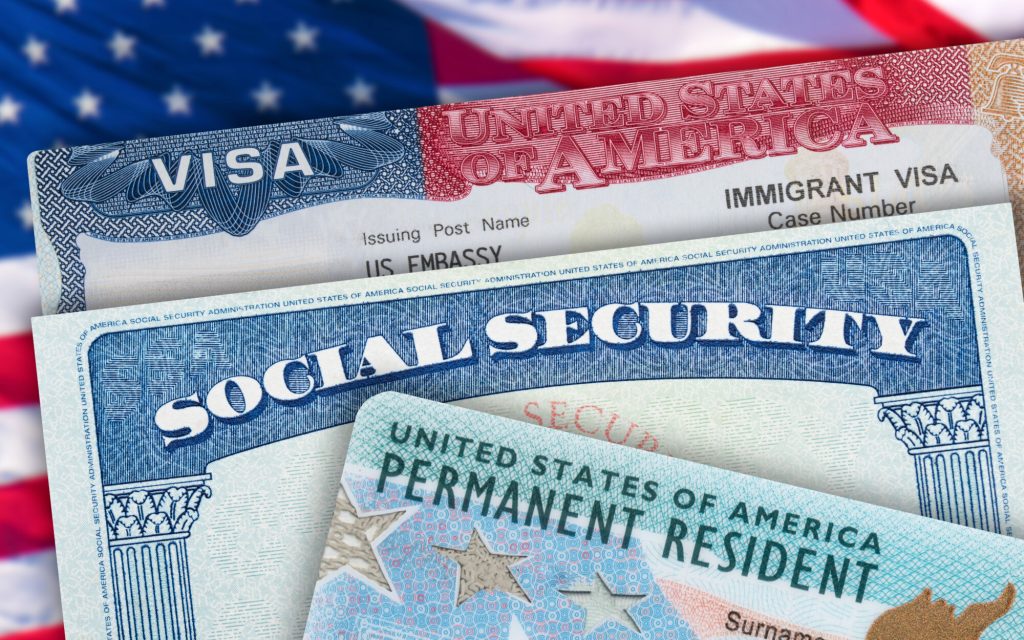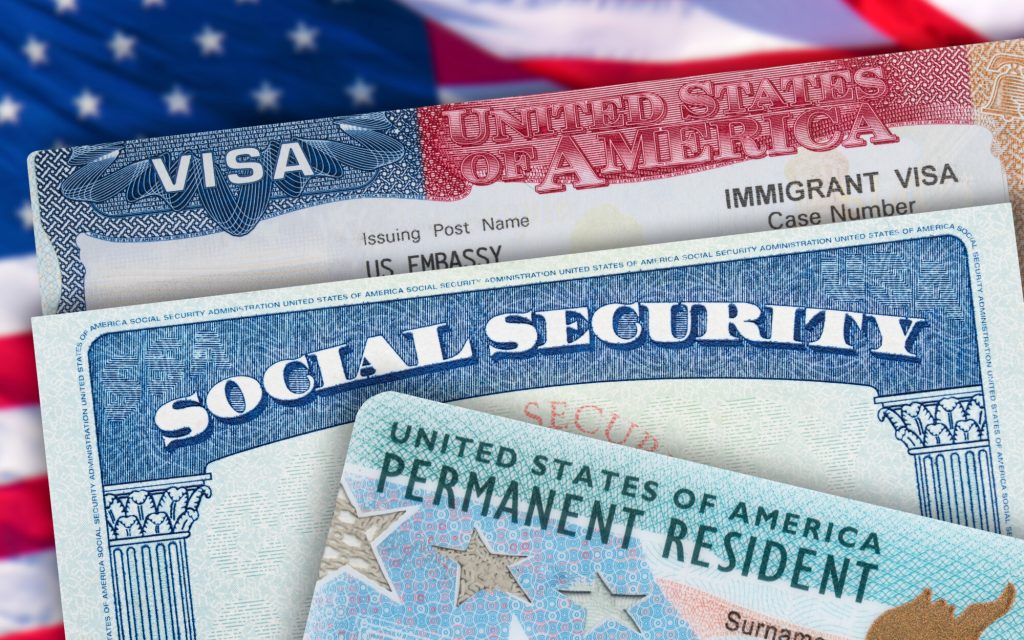
Property Ownership and Immigration Status

In general, property ownership rights are independent of immigration status, meaning undocumented immigrants can own property, and the government cannot seize property without due process. However, deportation can lead to challenges in managing property, and it’s advisable to take steps to protect assets.
Here’s a more detailed explanation:
Property Ownership Rights:
U.S. laws do not prevent undocumented immigrants from purchasing or owning property.
Home ownership is not dependent on a person’s immigration status.
Anyone, including those who are undocumented, can buy a house if they have the necessary funds.
Protecting Property During Deportation:
If you are facing deportation, it’s crucial to take steps to protect your assets.
Consider strategies like creating a power of attorney to allow someone you trust to manage your property and finances in your absence.
Consult with an attorney specializing in immigration and property law to understand your specific situation and options.
You should also check with your consulate, which may have information and resources that can assist in a removal proceeding.
Government Seizure of Property:
The government generally cannot confiscate personal property except through a fair hearing.
There are limited circumstances where the government can seize property, such as in cases of criminal activity or when property is used to facilitate illegal activities.
If you believe your property is being illegally seized, seek legal counsel immediately.
Deportation and Foreclosure:
Deportation can exacerbate foreclosure rates, especially among Latino households, as many undocumented immigrants contribute to multi-generational households owned by legally resident family members.
Deportations can act as a trigger for foreclosure, similar to other events like divorce or illness.
Immigrant Tenant Rights:
All tenants, regardless of their immigration status, can be evicted only after the landlord has served them with a termination notice and obtained a court order from a judge authorizing the eviction.
Landlords are also not allowed to take the law into their own hands to evict non-citizen tenants.


